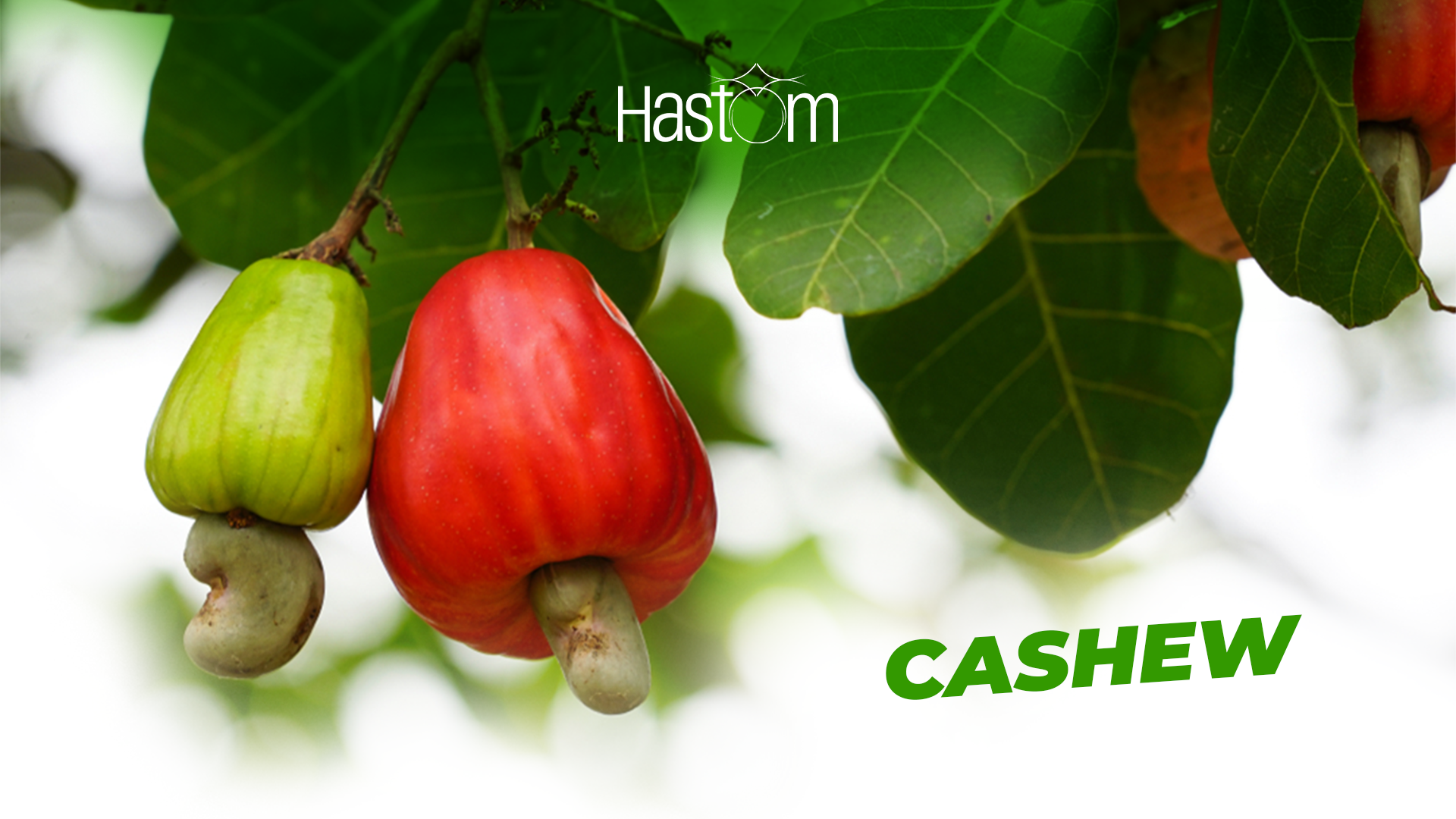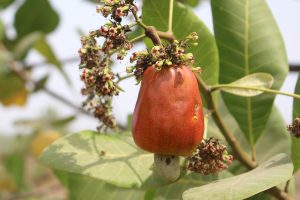
Introduction:
Cashew is an overlooked hedge against inflation. Inflation, the silent financial predator, erodes the purchasing power of your hard-earned money over time. As prices rise, the value of your savings diminishes, leaving you with fewer resources to meet your needs and goals. In this tumultuous economic landscape, individuals seek refuge in various investment avenues to safeguard their wealth against the ravages of inflation. Surprisingly, one often overlooked contender in the battle against inflation is the humble Cashew nut. Beyond its culinary delights, it offers unique attributes that can fortify your financial portfolio and shield you from the erosive effects of inflation. Let’s delve deeper into how it can emerge as your ally in the fight against inflation.
Understanding Inflation:
Before we explore the role of cashew in combating inflation, it’s imperative to grasp the mechanics of inflation itself. Inflation refers to the sustained increase in the general price level of goods and services in an economy over a period. This rise in prices erodes the purchasing power of money, meaning that each unit of currency buys fewer goods and services than before. While moderate inflation is considered normal in healthy economies, excessive inflation can wreak havoc on personal finances, savings, and investments.
Traditional Strategies Against Inflation:
Historically, investors have relied on conventional assets like stocks, bonds, real estate, and precious metals such as gold to hedge against inflation. These assets are perceived as inflation-resistant or inflation-hedging because their values tend to appreciate over time, keeping pace with or even outpacing the rate of inflation. While these traditional avenues undoubtedly have their merits, diversifying one’s portfolio with unconventional yet promising assets can offer additional layers of protection against inflation.
Cashew: The Unconventional Contender:
Amidst the array of traditional investment options, cashew emerges as a unique and unconventional contender in the fight against inflation. Beyond its delectable taste and culinary versatility, it possesses intrinsic qualities that make it a compelling asset in an inflationary environment. Let’s explore how it can play a pivotal role in your inflation-fighting strategy:
Global Demand Dynamics:
Cashew nuts enjoy robust global demand, driven by their popularity in culinary applications, health-conscious consumer trends, and the rising preference for plant-based snacks. This sustained demand provides a solid foundation for the it market, insulating it from the vagaries of inflation to some extent. As prices for consumer goods rise with inflation, the demand for the products remains resilient, supporting the value of cashew as an investment and it is also valued at the prevailing dollar rate.
Supply Constraints and Price Resilience:
The production of cashew nuts is concentrated in specific regions, primarily in tropical climates such as Nigeria, India, Vietnam, and Brazil. This geographical concentration, coupled with the lengthy gestation period of cashew trees, creates inherent supply constraints. Unlike fiat currency, which can be printed at will by central banks, the supply of the nuts is limited by the pace of tree growth and agricultural cycles. Consequently, the prices exhibit a degree of resilience against inflationary pressures, as the constrained supply dynamics act as a natural buffer against excessive price fluctuations.

Diversification Benefits:
Integrating cashew investments into your portfolio offers diversification benefits, thereby reducing overall investment risk. While traditional assets like stocks and bonds may exhibit correlation with macroeconomic factors or inflationary trends, cashew presents a unique investment proposition with relatively low correlation to conventional markets. By diversifying into cashew, investors can potentially enhance the risk-adjusted returns of their portfolios while mitigating the impact of inflation-induced volatility.
Tangible Asset with Intrinsic Value:
Unlike financial derivatives or speculative instruments, cashew represents a tangible asset with intrinsic value. Each nut embodies labor, resources, and agricultural expertise, making it a tangible store of value. In times of inflationary uncertainty, tangible assets like cashew provide reassurance and stability, as they possess inherent utility and demand beyond mere financial speculation.
Implementation Strategies:
Incorporating cashew into your investment strategy to hedge against inflation requires thoughtful consideration and strategic planning. Here are some practical implementation strategies to leverage the inflation-fighting potential of cashew:
Direct Investment:
Invest directly in cashew plantations or processing facilities to gain exposure to the market. Conduct thorough due diligence to assess factors such as geographical location, agricultural practices, and market demand dynamics before committing capital. Partnering with a company like Hastom will help in setting up and management of your plantation.
Indirect Investment:
Explore indirect avenues for cashew investment, such as commodity futures, exchange-traded funds (ETFs), or publicly traded companies involved in production, processing, or distribution. These indirect investment vehicles offer liquidity, diversification, and accessibility for investors seeking exposure to the cashew market without direct ownership of physical assets.
Conclusion:
In the perennial battle against inflation, investors must continually explore innovative strategies and unconventional assets to preserve and grow their wealth. Having a Cashew plantation in a place like Ogbomoso where your farm is managed by a group of experts like Hastom, will surely position for consistent earning for 40 years as well as earnings in the equivalence of the prevailing dollar rate.


